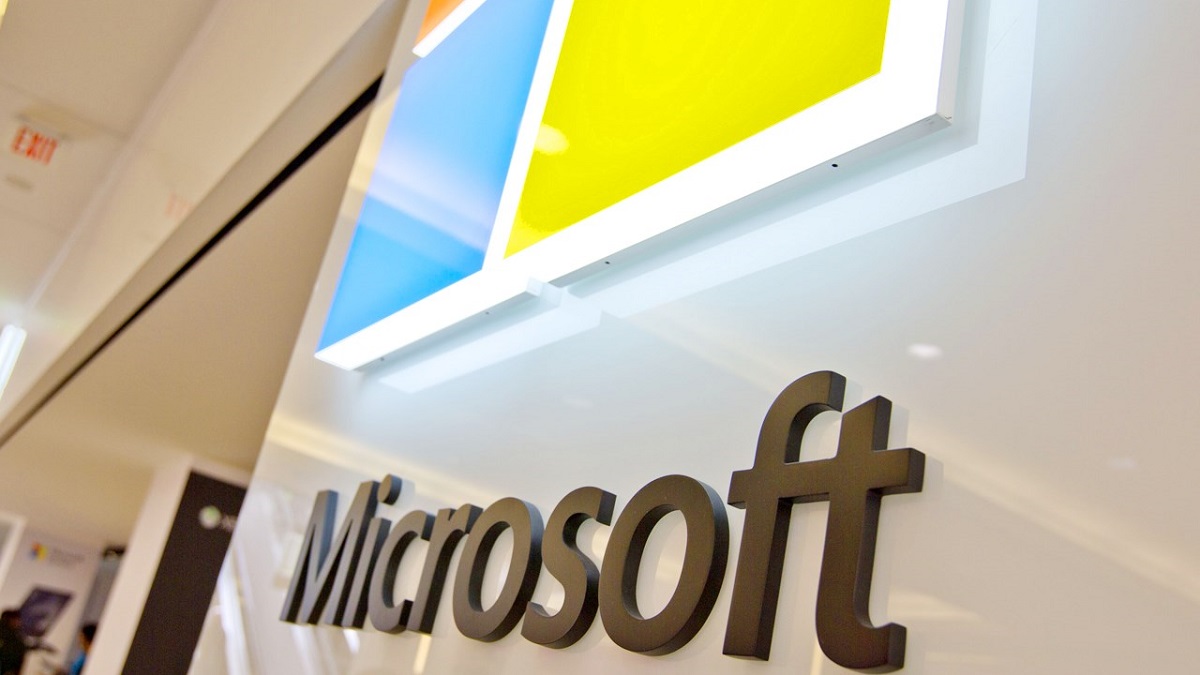
Microsoft Windows 11 is not only an aesthetically improved iteration, but it also has some of the most stringent security measures. It appears Microsoft won’t allow “unsupported” PC users to install Windows 11 using bypass or workarounds.
The budget and affordable computer owners rocking Windows 10 or even Windows 7 can upgrade to Windows 11 but only if their hardware is compatible with the OS. However, Microsoft might just strictly enforce the “System Requirements”, effectively barring several PCs from moving up to Windows 11.
System Requirement bypass methods working for now, but not for long:
Windows 11 is one of the most significant upgrades for the Windows OS platform. Not only is the operating system cosmetically revamped, but there are also several under-the-hood changes.
When Microsoft announced Windows 11, many Windows 10 PC owners assumed the upgrade path would be simple. Newer PCs, with hardware that’s no more than 24 months old, can easily upgrade to Windows 11. However, the situation is quite different for older computers.
Warning to everyone using a bypassed windows 11. When it officially releases in possibly October Microsoft has stated that they will block all paths and ways to bypass. When the time comes if you don't have the supported hardware. You will have windows 10#Windows11 pic.twitter.com/rlZ2jfyMmX
— OLI (@WindowsPCGeek) July 26, 2021
Windows 11 mandates Secure Boot and TPM 2.0 (Trusted Platform Module). Moreover, the company has indicated that only 8th-Gen and above Intel CPUs, and ZEN 2-based AMD CPUs will be able to support Windows 11
Earlier reports indicated Microsoft may allow TPM 1.2, but the company is not budging. Needless to say, these requirements leave several CPUs and PCs incompatible with Windows 11, even if they are capable.
Microsoft will Block PCs with Unsupported Hardware from Upgrading to Windows 11 https://t.co/Qy4MpynDJt via @TechDator
— NANA QUAMI (NaKaY) (@Nana_NaKaY) July 26, 2021
Interestingly, several tinkerers experimented and discovered they can disable or bypass TPM and Secure Boot requirements. But as it turns out, Microsoft has intentionally left these loopholes for special-purpose PCs.
However, moving ahead, the company might just block these tricks, workarounds, or bypass methods that currently allow officially unsupported PCs to install and run Windows 11.
Microsoft could make changes in Group Policy Editor and effectively disable tricks to install Windows 11 on officially incompatible hardware:
It appears Microsoft has been quite lenient with enforcing the hardware requirements for installing and running Windows 11. However, moving ahead, the company could deal with the issue with an iron fist.
During a Q&A session on this particular topic, Microsoft said it would block users who try to bypass the said requirements by making changes in Group Policy Editor.
The company is already justifying its future actions. Microsoft suggested the new obligations are for security and productivity.
How to Block #Windows11 From Installing in Group Policy Editor, Registry, or our Registry Files:https://t.co/NOtmt1rS9Y#TechTips #TechTutorial #TechSupport #TipsAndTricks #HowTo #Windows10 #Windows7 #Windows8 #computersecurity #Tech #Tools #Security #infosec pic.twitter.com/IHTNs6SiyN
— MajorGeeks (@majorgeeks) July 17, 2021
“We know it sucks that some aren’t going to be eligible for Windows 11, but the great thing to remember is the reason we’re doing [this] is to keep to devices more productive and [ensure that they have] security than ever before so they can stay protected in this new workforce.”
“Group policy will not enable you to get around the hardware enforcement for Windows 11. We will block you from upgrading your device to an unsupported state since we really want to make sure that your devices stay supported and secure.”
This essentially means Microsoft could clamp down on the loopholes that currently exist within the Windows 11 installer. Needless to mention, this outlook is in stark contrast to the earlier attitude of the company.
Microsoft still allows a free upgrade to Windows 10 for genuine Windows 7 licensed PCs. Incidentally, Microsoft is not blocking upgrades on compatible hardware. Instead, the company is raising the bar for security, and as a result, several CPUs simply fail to qualify.


